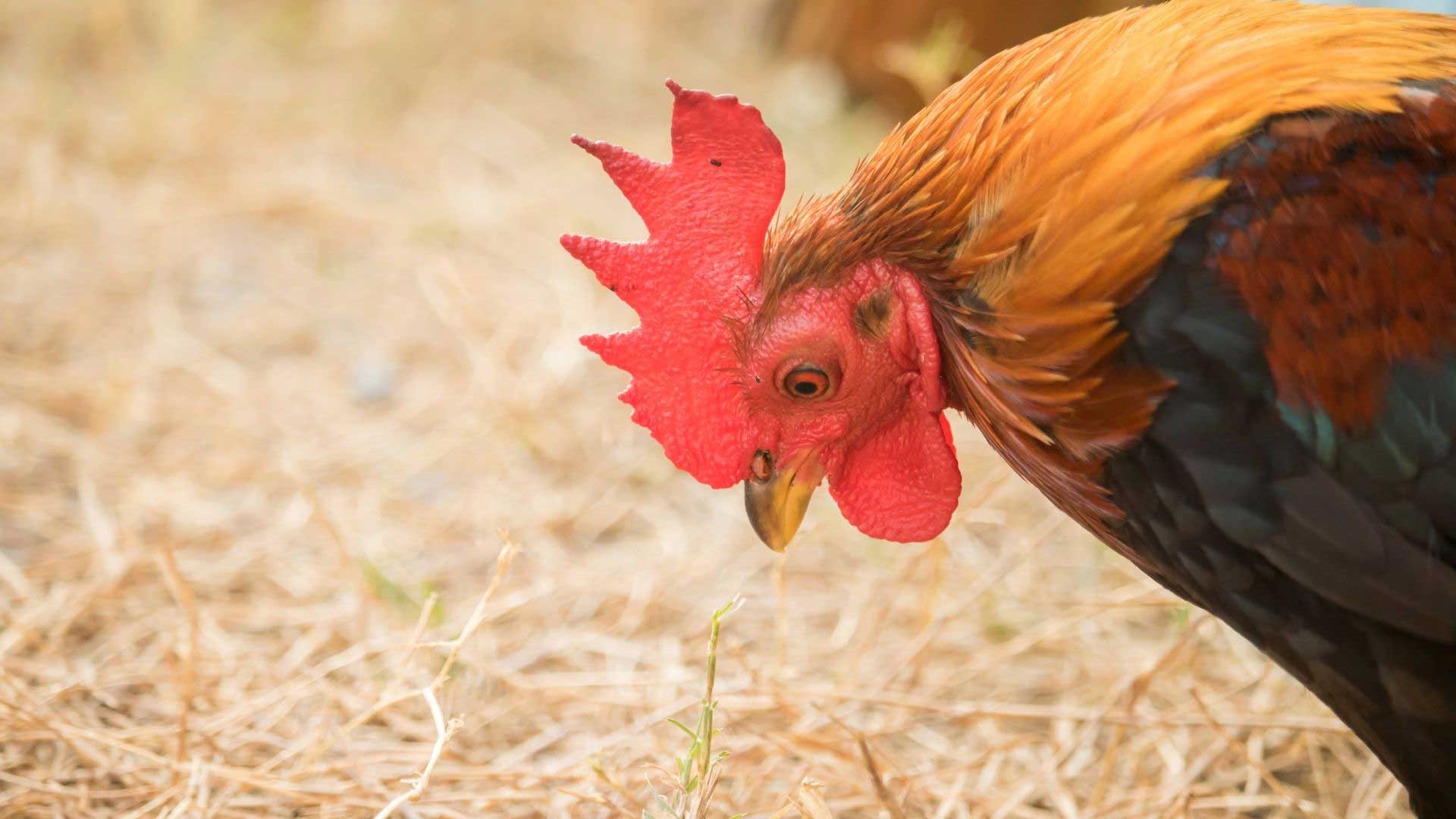- This topic is empty.
- AuthorPosts
- January 21, 2025 at 11:18 pm #543400

Coccidiosis is a common parasitic disease that affects poultry, particularly chickens, causing significant health problems, including diarrhea, weight loss, and even death if untreated.
The disease is caused by single-celled parasites known as Eimeria, which infect the intestines of poultry.
While conventional treatments typically involve the use of anticoccidial drugs, many poultry farmers are now turning to organic treatments to manage coccidiosis. These natural methods are considered safer for both the birds and the environment.
This article explores various organic treatments for coccidiosis in poultry and offers practical solutions to effectively manage and prevent this disease.
1. using herbal remedies
Herbal remedies have long been used in traditional medicine for their natural healing properties, and they are increasingly being explored as treatments for coccidiosis in poultry.
Certain herbs, such as oregano, thyme, and garlic, have antimicrobial and anti-inflammatory properties that can help combat the effects of coccidiosis.
Oregano, in particular, contains compounds like carvacrol and thymol, which have shown to be effective against various pathogens, including Eimeria.
These herbs can be added to the poultry’s diet or used as a tea and administered in their water. Regular use of these herbal remedies can help strengthen the immune system, reduce the severity of coccidiosis, and promote overall poultry health.
2. improving sanitation practices
One of the most effective ways to prevent and treat coccidiosis organically is by improving the overall sanitation of the poultry environment.
Coccidia parasites thrive in dirty, moist conditions, so maintaining a clean and dry environment is essential in controlling their spread.
Regularly cleaning and disinfecting the poultry house, feeders, and waterers can help reduce the load of Eimeria oocysts in the environment. Additionally, rotating the grazing areas or using clean bedding materials can minimize the chances of reinfection.
Ensuring that poultry have enough space and proper ventilation also reduces stress, which can weaken their immune systems and make them more susceptible to infection.
3. dietary adjustments and probiotics
Organic poultry farming often emphasizes natural feeding practices, and certain dietary adjustments can help manage coccidiosis.
Adding probiotics to the poultry’s diet is one effective way to improve gut health and support the immune system.
Probiotics are beneficial bacteria that help maintain a healthy intestinal flora, which can prevent the overgrowth of harmful pathogens like Eimeria.
Fermented foods, such as fermented grains or naturally occurring yeasts, can also be beneficial in boosting gut health. Additionally, including high-quality grains, such as oats and barley, can improve overall nutrition and strengthen the birds’ resistance to infections.
4. using diatomaceous earth
Diatomaceous earth (DE) is a naturally occurring substance made from the fossilized remains of aquatic organisms called diatoms. This organic product is often used in poultry farming as a natural treatment for coccidiosis.
When consumed, diatomaceous earth can help control coccidial oocysts in the digestive system by physically damaging the parasites’ outer shells. This leads to the disruption of their life cycle and helps reduce the severity of infection.
Additionally, diatomaceous earth can be sprinkled in the poultry house to control external parasites like lice and mites, further improving the overall health of the birds. It’s important to use food-grade diatomaceous earth and administer it in moderation.
5. managing stress and improving immunity
Stress is a major factor that can weaken a poultry flock’s immunity and make them more susceptible to diseases like coccidiosis. Organic management of stress involves providing a comfortable and low-stress environment for the birds.
This includes ensuring adequate space, proper ventilation, and a balanced diet. Reducing the density of birds in a given space can significantly reduce stress and improve overall health.
Additionally, ensuring that the birds are not overcrowded, minimizing noise and disturbances, and allowing them adequate rest periods will help improve their immune response. A healthy, less-stressed flock is better equipped to fight off infections, including coccidiosis.
In conclusion, the organic treatment of coccidiosis in poultry involves a combination of preventative and therapeutic strategies that focus on enhancing the birds’ natural immune system while promoting a healthy, clean environment.
Herbal remedies, improved sanitation, dietary adjustments, and the use of diatomaceous earth can all play a significant role in controlling and preventing coccidiosis without relying on harsh chemicals.
By adopting these organic methods, poultry farmers can effectively manage coccidiosis, ensuring the health and productivity of their flocks while adhering to sustainable and eco-friendly practices.
Read Also: Poultry record book: an essential tool for effective farm management
- AuthorPosts
- You must be logged in to reply to this topic.

